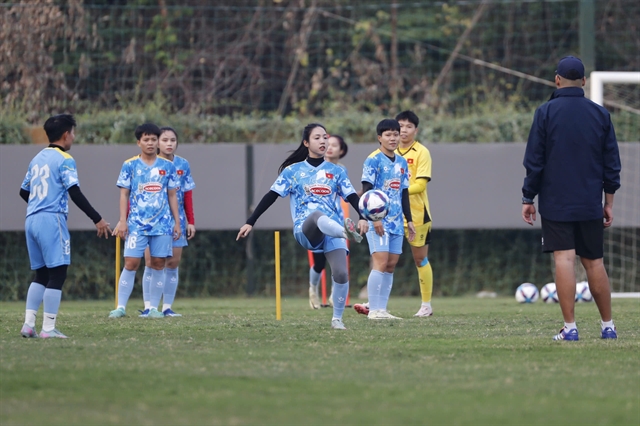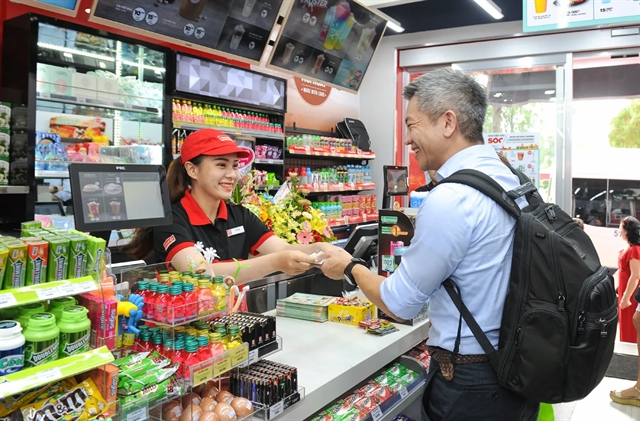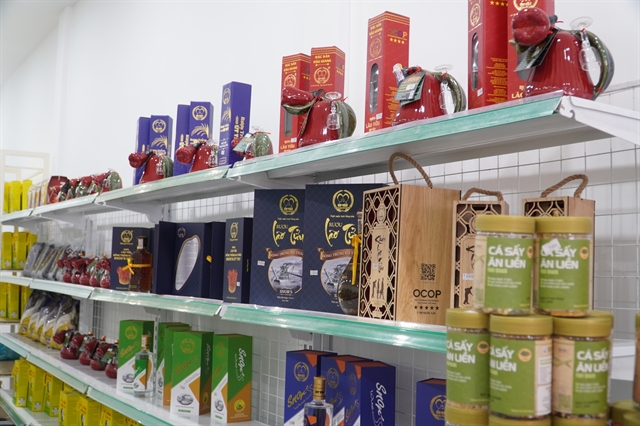 Society
Society
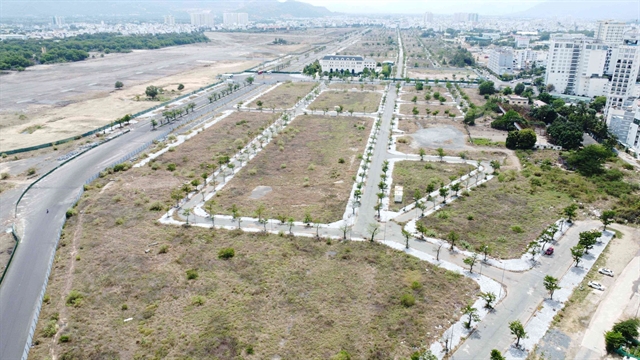
The southern province of Bà Rịa-Vũng Tàu is applying advanced farming standards to its key agricultural produce and using organic cultivation techniques to increase quality.
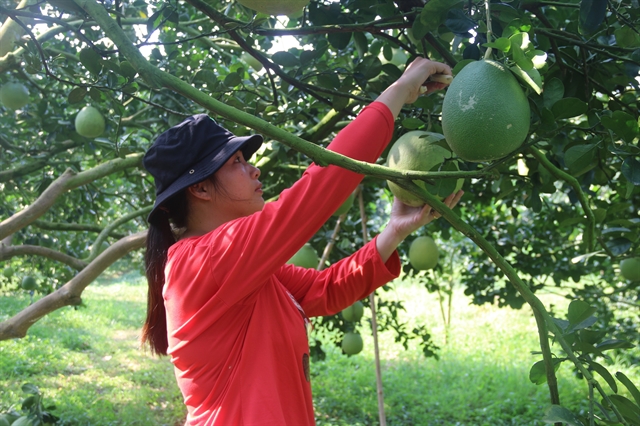
|
| A grapefruit orchard in Bà Rịa - Vũng Tàu Province’s Phú Mỹ Town. — VNA/VNS Photo Hoàng Nhị |
BÀ RỊA-VŨNG TÀU — The southern province of Bà Rịa-Vũng Tàu is applying advanced farming standards to its key agricultural produce and using organic cultivation techniques to increase quality.
Its key products include cacao, pepper, grapefruit (green skin and pink flesh) and dragon fruit which have high quality and are in high demand.
More local farmers have switched to organic production, under Vietnamese or global good agricultural practices, which has reduced production costs and increased quality.
The province’s cacao produce, for instance, is exported to many demanding markets like Japan, South Korea and the EU.
In recent years, the cacao area yielded high profits after farmers applied advanced farming techniques and linked up with processing companies.
Nguyễn Bá Hoàng, who has a 5,000 sq.m orchard in Châu Đức District’s Xà Bang Commune, is intercropping cacao and other fruit trees and gets an output of 1.5 tonnes of dried cacao beans a year.
He earns a profit of VNĐ150 million (US$6,500) a year from cultivating cacao.
Previously, Hoàng was thinking of cutting down the cacao orchard because of unstable prices and disease outbreaks. However, after he participated in a cacao farming course and linked up with the Thành Đạt Trading - Service - Manufacturing Chocolate Co., Ltd in the province in 2017, he has continued and is now expanding his orchard.
Under the linkage, he was given seeds, farming techniques and outlet guarantees from the company to grow the trees under organic standards. He now sells the bean to the company at a high price of VNĐ100,000 a kilogramme.
With stable outlets, Hoàng has planted an additional 3,000sq.m of cacao and expects to begin harvesting next year.
More farmers who grow grapefruit, pepper and other key agricultural produce have switched to growing crops under high standards to increase quality and profit.
Hồ Văn Kha's 5ha grapefruit orchard switched to organic farming method two years ago. “The production cost of growing grapefruit under organic standards has been cut by half compared to the traditional farming method.”
It costs about VNĐ120-150 million ($5,200-6,500) per hectare a year to grow grapefruit under the organic farming method.
Kha harvests an annual output of 125 tonnes of grapefruit planted under organic standards compared to 133 tonnes of grapefruit planted under the traditional method. Traders pay an additional VNĐ5,000 per kilogramme than for traditionally farmed grapefruit.
His grapefruit trees are not affected by chemical pesticides and thus are more sustainable.
Local agencies help farmers growing crops under organic standards to link up with companies to guarantee outlets for their products.
In Châu Đức and Xuyên Mộc districts, the province’s Department of Agriculture and Rural Development in co-operation with the province’s Pepper Association, helped pepper processing companies and farmers grow high-quality pepper on a total area of 1,300ha.
Under the co-operation, pepper farmers now have secure outlets and stable prices.
The province has more than 112,800ha devoted to key agricultural produce, according to the province’s Plant Cultivation and Protection Sub-Department.
Nguyễn Đức Chi, head of the sub-department, said to develop key agricultural produce sustainably, the province zoned concentrated farming areas for them. It was also promoting linkages between farmers and companies and investment in deep processing to increase value.
It had taken measures to increase yields, quality and value of agricultural produce by helping farmers apply advanced farming techniques and origin traceability.
More farmers and companies were growing agricultural produce in net houses and poly green houses, and using hydroponic methods, as well as auto irrigation facilities and smart devices like smartphones to control irrigation.
Farmers and agricultural co-operatives are linking up with companies to produce key agricultural produce such as pepper, rice, cacao, fruit and vegetables on a total area of 16,131ha, according to the province’s Department of Agriculture and Rural Development. — VNS


